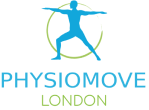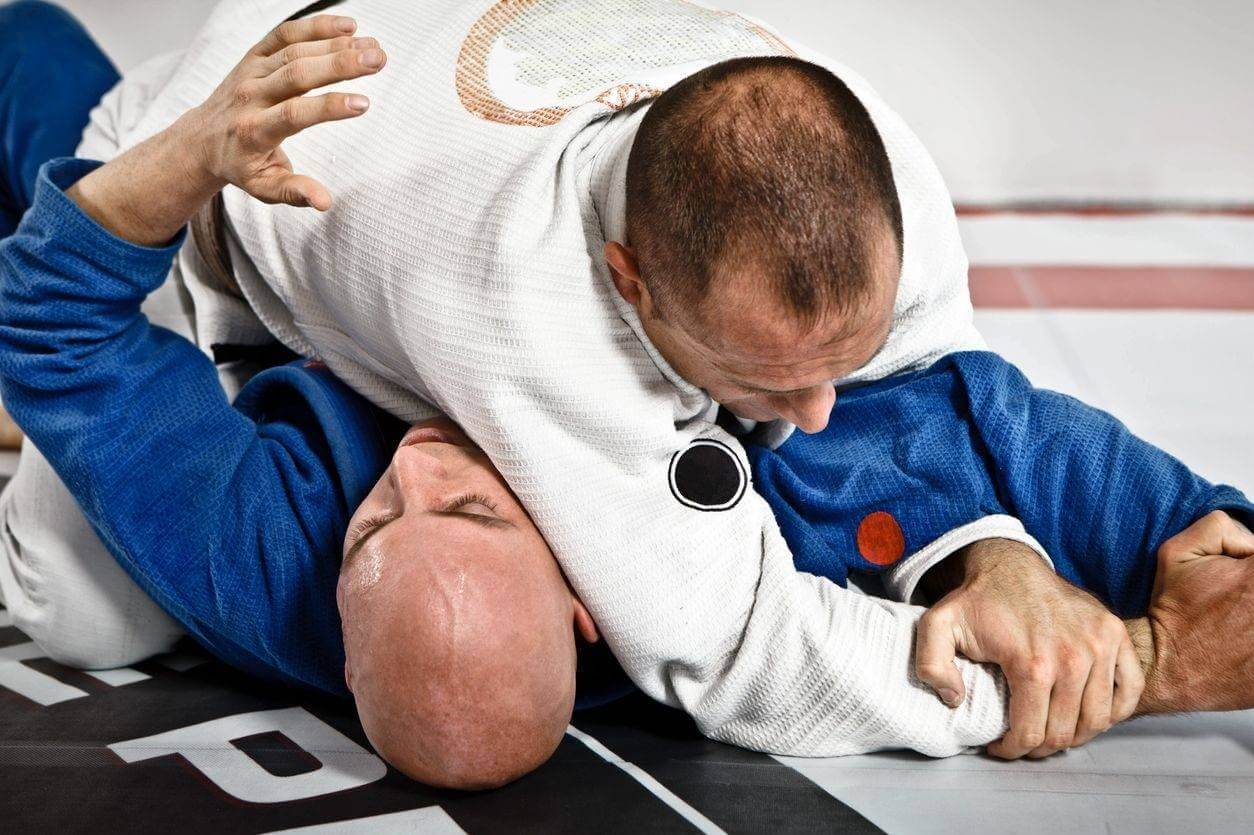From karate and taekwondo to jiu jitsu and judo, martial arts is a sport that has grown massively in recent years, with more and more people taking it up on an amateur and competitive level. Clubs have popped up all over the country, including our friends at Gracie Barra Jiu jitsu Club in Haringey.
All forms of martial arts have numerous health benefits. Physically, it can boost a person’s strength, stamina, speed, coordination and balance. Practicing the sport works the entire body, including the core. This strengthens key muscles, improves flexibility and in turn helps with your body’s balance.
This also helps to improve proprioception. Once you improve your balance, you become more aware of the body’s positioning and it’s movement and as a result you are able to be in greater control of it. This can also see an improvement in the bodies reflexes – a key skill to making a person more proficient in the sport.
However, because of the physical nature of martial arts, particularly at a competitive level, it can also carry a high risk of injury. Stress is put on the entire body, so injuries can occur all over. Risk of injury is also increased if the body isn’t physically capable of dealing with the demands of the sport – which is why training is key. Common injuries include cuts and bruises, muscle sprains, fractures, ligament or tendon damage and knee, back and shoulder injuries.
Physiotherapy is vital for many types of the injuries sustained in martial arts. The injury will be assessed to understand its mechanics and from that information, the appropriate treatment is put in to place. Depending on the nature of the injury, treatments may include joint mobilisation, joint manipulation, acupuncture, taping or strapping and tailored exercises. All these tenchiques can help to ensure patients can return to the sport as soon as possible.
Following an injury, help with stretching and flexibility may also form an integral part of the recovery and rehabilitation process when working with a physiotherapist. Damaged muscles from injury, excessive training or a period of rest will inevitably experience stiffness. Therefore, a specific programme of treatment devised by a physiotherapist for each particular type of muscle recovery can be extremely beneficial to improve flexibility and increase strength in the injured area. This could include a series of stretches, flexibility exercises and soft tissue mobilisation.
Physiotherapists find that some injuries could stem from the larger muscles working to stabalise a weak core, compromising their role in the body’s movement and overall strength and increasing the risk of injury. Therefore, much of the work they do with patients in this case is to strengthen the core through assessment, exercise and feedback in order to readdress this muscle balance, creating the core stability the rest of the body needs to work effectively.
So, whilst care can be taken to avoid injuries by physically preparing the body through improving it’s core strength and balance, if you are sidelined what’s important to know is that physiotherapy can help you. We can also work with you to advise on enhancing your technique to help minimise the risk of further injury, keeping you on the mat doing what you do best.


